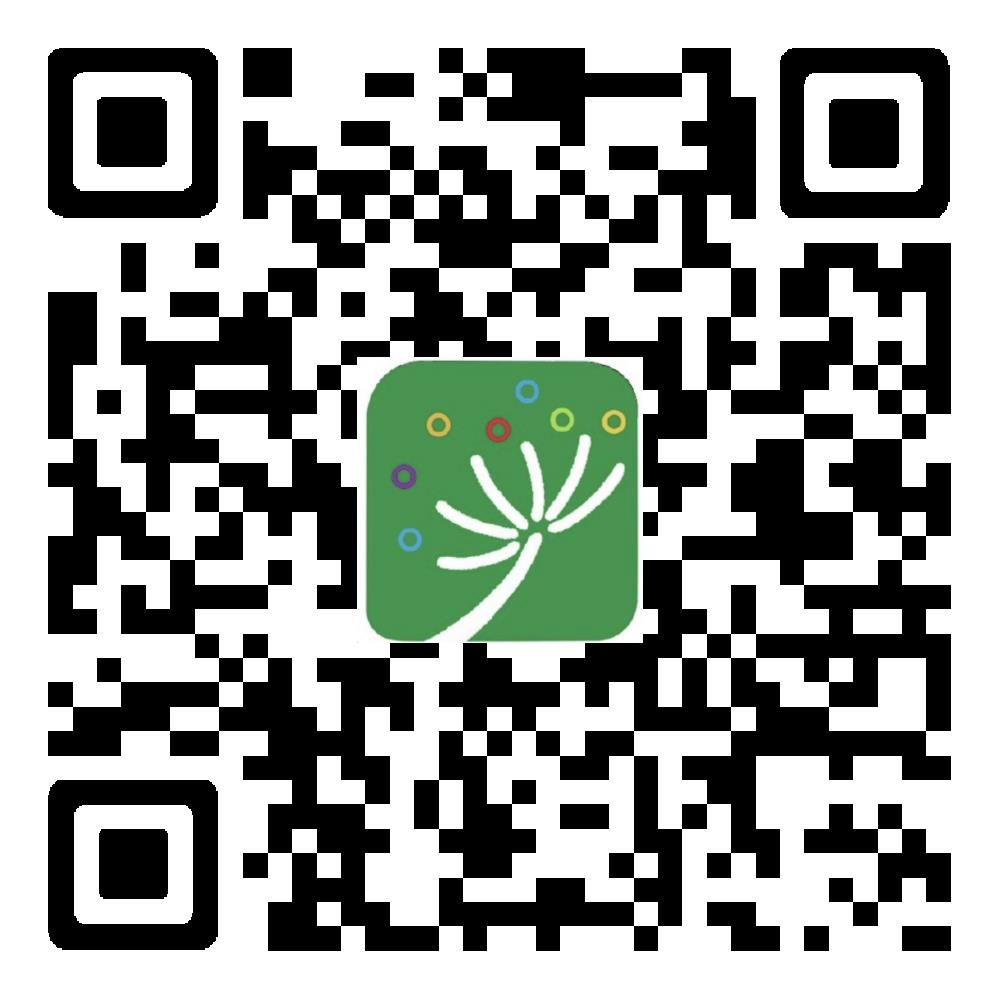Currently, digital technology is the leading force of the world's scientific and technological revolution and industrial transformation. As such, digital technology is increasingly integrated into economic and social development, including education, which is profoundly changing modes of production, life and social governance. The UN Transforming Education Summit held in 2022 pointed out that global education faces serious challenges and learning crises. Education transformation is urgently needed, and the power of digital transformation must be fully harnessed to ensure that quality education and lifelong learning are made available to all as a common good. In the face of opportunities and challenges resulting from digitalization, the World Digital Education Conference calls for the international community to strengthen dialogue and exchanges, deepen practical cooperation and work together to promote the digital transformation of education and the realization of Education 2030 Agenda.
The World Digital Education Conference calls for global collaboration and partnership in the following ways:
First, strengthen policy dialogue and communication. Policies are the key drivers for the digital transformation of education. We advocate that countries strengthen policy dialogue on education digitalization, conduct extensive and in-depth exchanges on new concepts, strategies, plans, standards, monitoring and evaluation of education digitalization. We will jointly promote increased investment in education digitalization, as well as encourage stakeholders to actively participate in the digital transformation of education. We will also jointly explore effective policies to narrow digital divide, improve equity, inclusion and quality of education, and ensure safe and ethical use of digital applications.
Second, improve connectivity through infrastructure construction. Infrastructure construction is the basis for the digital transformation of education. We advocate for collaboration in the design of digital education infrastructure systems, digital education platforms, smart campuses, cyber learning space, and digital education security technology, thereby promoting digital education infrastructure's interconnectivity. We will jointly create a global smart learning environment, where everyone can learn anywhere at any time.
Third, promote sharing of digital resources. The open sharing of digital educational resources is the key to narrow the digital divide and education gap. We call upon all stakeholders to adhere to the principle of co-construction and sharing, to build public service platforms for digital educational resources and to meet the diversified needs. Based on the protection of intellectual property rights, we need to engage more participators in the development of digital educational resources. This leads to high-quality digital educational resources that benefit more people, especially marginalized areas and groups, and ensure equitable, inclusive education.
Fourth, promote exchange of technology integration and application. Application is the most fundamental and powerful driving force for the digitalization of education. The deep integration of digital technology and education has the great potential to build new educational ecology, new methods of teaching and learning, as well as new ways of educational governance. We call for exchanges of best practices in the digital application of education. We encourage countries and stakeholders to collaborate on evidence-based research, curriculum development, as well as innovative teaching and learning application research. This cooperation will also lead to exploring new ways of talent nurturing and new models of educational governance in the digital era, in addition to jointly promoting the iterative upgrading of digital education.
Fifth, promote cooperation on capacity building. Capacity building is an effective guarantee to succeed in the digital transformation of education. We call on all countries and stakeholders to carry out extensive exchanges and collaboration in teacher and administrator training. It is encouraged to share training resources and collaborate on developing digital teaching solutions for teachers. We need to co-create digital competency courses for students and construct e-library for teachers. We must strengthen exchanges and cooperation in digital education in order to support capacity building for all, especially women, girls and people with disabilities.
Sixth, jointly establish and improve international cooperation mechanisms. International cooperation in education is an important driving force for digital transformation. We encourage all parties to work together to host the World Digital Education Conference and build a long-term mechanism and platform for international exchanges and cooperation. We will jointly promote the establishment of the World Digital Education Alliance, building a comprehensive, pragmatic and inclusive high-quality partnership. This alliance will actively carry out South-South and North-South-South cooperation, with an emphasis on priority Africa and small island countries. With a joint focus on solving youth problems in the development of digital education, fully stimulating the potential of youth innovation and creativity, and working together to build a global community with a shared future in digital education, we will create a better future of education together.



